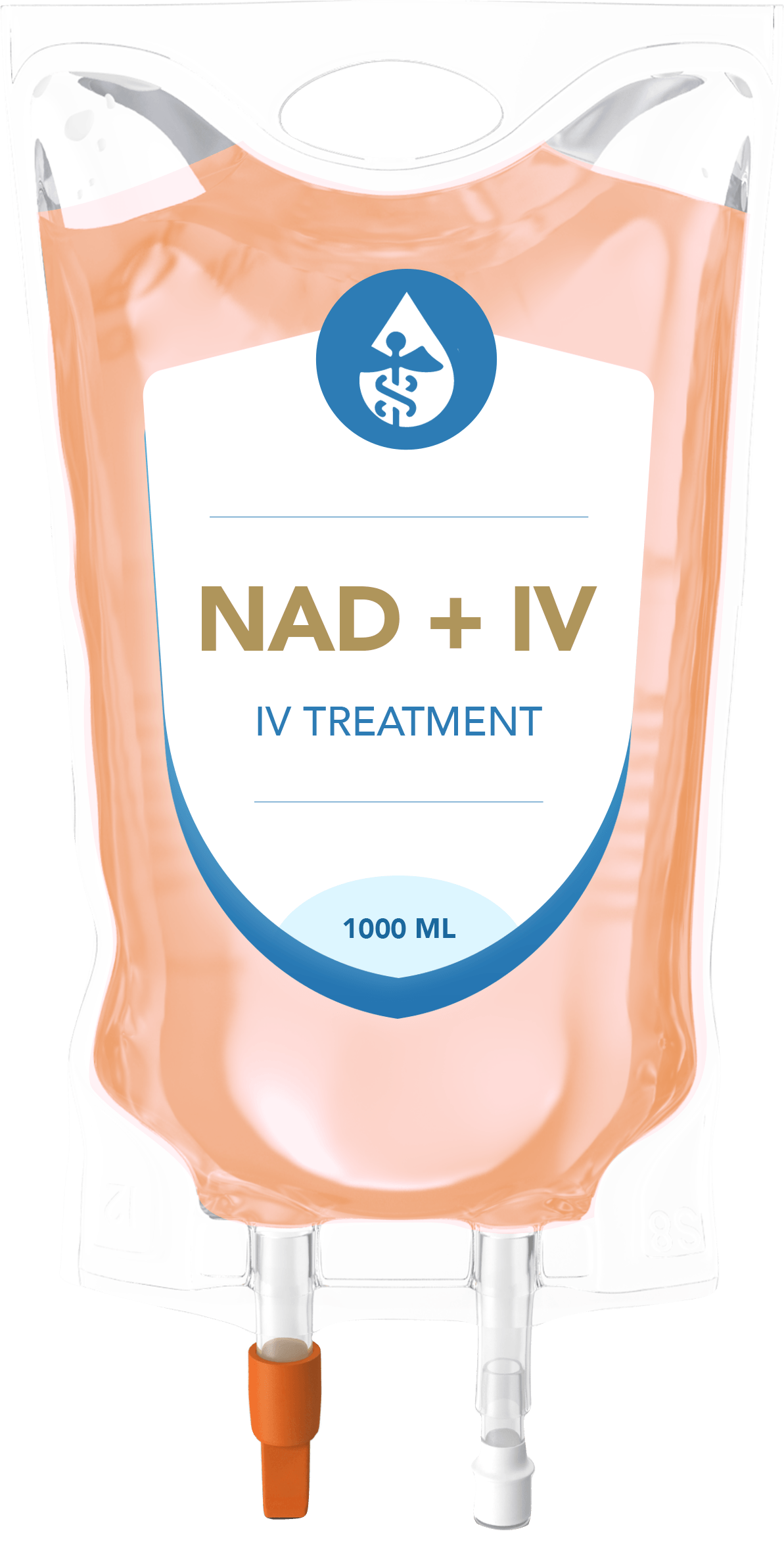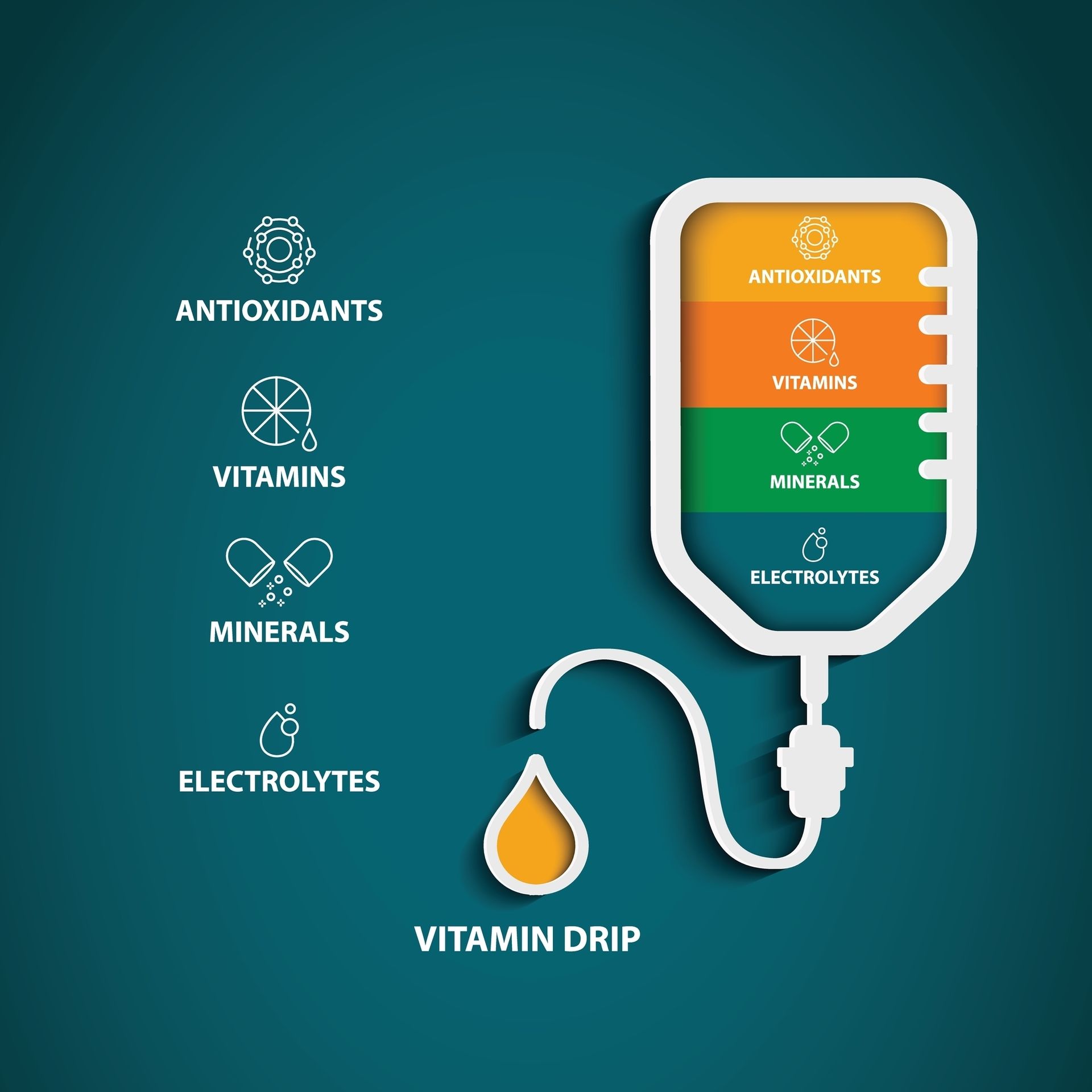Articles and Information
Foods and Supplements to Support Joint Health and Mobility

Maintaining healthy joints is crucial for overall mobility and quality of life. Many individuals struggle with joint pain, which can be caused by various factors, including age, injury, and diet. Fortunately, a combination of specific foods and supplements can help support joint health and enhance mobility. This article will explore the essential nutrients, foods, and dietary practices that contribute to joint well-being.
Understanding Joint Health and Mobility
Joint health refers to the optimal functioning of the joints, which are the areas where two bones meet. Healthy joints are flexible, allow for a full range of motion, and can withstand the stresses of everyday activities, such as walking, running, and lifting. Good mobility, on the other hand, encompasses the body's ability to move freely and easily. When joint health is compromised, individuals may experience pain, stiffness, and reduced range of motion.
The Role of Nutrition in Joint Health
Nutrition plays a vital role in maintaining joint health. A balanced diet rich in specific nutrients can help reduce inflammation, support cartilage health, and provide the body with the necessary building blocks for strong and resilient joints. Key nutrients that benefit joint health include omega-3 fatty acids, antioxidants, vitamins C and D, and minerals like calcium and magnesium.
Incorporating a variety of nutrient-dense foods into your daily meals can significantly impact your joint health. This includes whole grains, lean proteins, fruits, and vegetables that are high in antioxidants. These foods work synergistically to reduce inflammation and promote overall joint function.
Common Causes of Joint Pain and Mobility Issues
Understanding the common causes of joint pain can help individuals take preventive measures. One of the most prevalent causes is osteoarthritis, a degenerative joint disease characterized by the breakdown of cartilage over time. Other factors include:
- Injury or trauma to the joint
- Rheumatoid arthritis, an autoimmune condition
- Obesity, which places extra strain on weight-bearing joints
- Age-related wear and tear
Additionally, a sedentary lifestyle can contribute to weak muscles and joints. Therefore, it's essential to stay active and maintain a healthy weight to support joint function.
Foods That Promote Joint Health
A well-rounded diet has the potential to significantly improve joint health. Below are some of the top food categories that can help promote joint well-being.
Fruits and Vegetables for Joint Health
Fruits and vegetables are rich in antioxidants, vitamins, and minerals that protect cells from damage and reduce inflammation. Some notable options include:
- Cherries: Known for their anti-inflammatory properties.
- Berries (like blueberries and strawberries): High in antioxidants.
- Leafy greens (such as spinach and kale): Packed with vitamins and minerals.
- Cruciferous vegetables (like broccoli and Brussels sprouts): Contain compounds that may reduce inflammation.
Including a colorful variety of fruits and vegetables in your diet can help ensure you receive a wide range of beneficial nutrients.
Proteins and Healthy Fats for Mobility
Proteins are essential for repairing tissues and building muscle, which helps support joints. Lean proteins such as chicken, turkey, fish, beans, and nuts are excellent options. Additionally, fatty fish like salmon and mackerel are rich in omega-3 fatty acids, which have been shown to reduce joint stiffness and tenderness.
Healthy fats, such as those found in avocados and olive oil, also contribute positively to joint function. These fats help modulate the inflammatory response in the body, making them key components of a joint-supportive diet.
Herbs and Spices with Anti-Inflammatory Properties
Certain herbs and spices have been recognized for their anti-inflammatory benefits. Here are a few to consider incorporating into your meals:
- Turmeric: Curcumin, the active compound in turmeric, has powerful anti-inflammatory effects.
- Ginger: Known for its ability to reduce muscle pain and soreness.
- Garlic: Contains compounds that can lower inflammation and may help reduce the risk of arthritis.
Add these flavorful ingredients to your meals to enhance both taste and joint health.
Supplements for Enhanced Joint Mobility
In addition to dietary changes, certain supplements can provide further support for joint health, especially for those with existing issues.
Glucosamine and Chondroitin for Joint Support
Glucosamine and chondroitin are two popular supplements often recommended for joint health. Glucosamine aids in the production of cartilage and joint fluid, while chondroitin helps maintain cartilage integrity. Together, they can alleviate pain and improve joint function, particularly for those with osteoarthritis.
Omega-3 Fatty Acids and Joint Health
Omega-3 fatty acids, commonly found in fish oil supplements, are renowned for their anti-inflammatory properties. Studies have shown that these fatty acids can significantly reduce joint pain and improve mobility in individuals suffering from arthritis. People who do not consume fish regularly may find omega-3 supplements particularly beneficial.
The Benefits of Turmeric and Curcumin Supplements
Turmeric supplements, rich in curcumin, have gained popularity for their potent anti-inflammatory effects. Regular use of curcumin may help alleviate joint pain and improve function, making it a valuable addition to the regimen of anyone suffering from joint issues.
Dietary Changes for Improved Joint Health
In addition to consuming beneficial foods and supplements, implementing specific dietary changes can have a profound impact on joint health.
Reducing Inflammatory Foods
To promote joint health, it is essential to limit or avoid inflammatory foods. These may include:
- Sugary snacks and beverages
- Processed foods high in trans fats
- Excessive salt and preservatives
By focusing on whole, unprocessed foods, individuals can significantly reduce their inflammation levels and support their joints.
Hydration and Joint Health
Staying well-hydrated is another crucial aspect of joint health. Water is essential for maintaining the synovial fluid surrounding the joints, which acts as a lubricant. Ensuring adequate hydration can help keep joints functioning smoothly and reduce discomfort.
The Importance of Balanced Diet
Ultimately, a balanced diet is the foundation of joint health. Consuming a variety of food groups ensures that the body receives all necessary nutrients to support cartilage and bone health. Combining nutrient-dense foods with supplements, if needed, can help individuals achieve optimal joint function and mobility.
In conclusion, incorporating specific foods, supplements, and dietary changes can create a comprehensive approach to supporting joint health and mobility. By making conscious choices about what we eat, we can significantly improve our quality of life and maintain our ability to move freely and comfortably.











